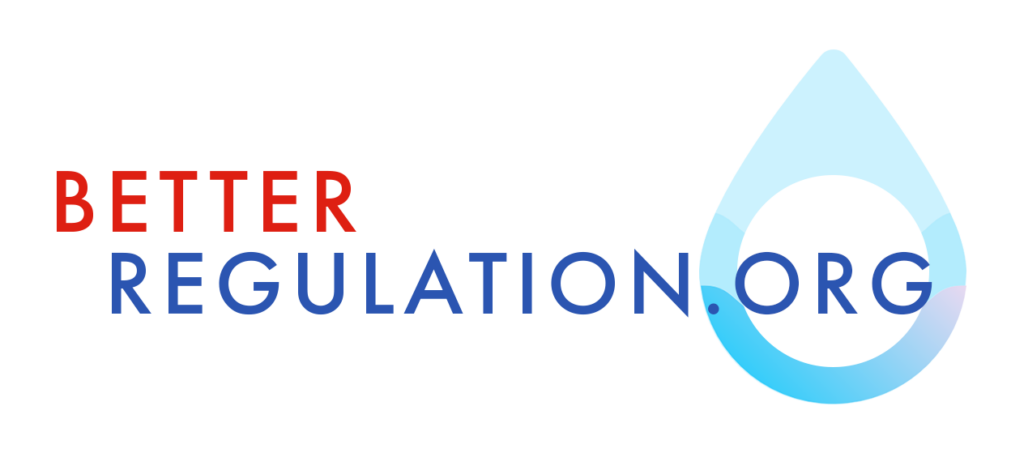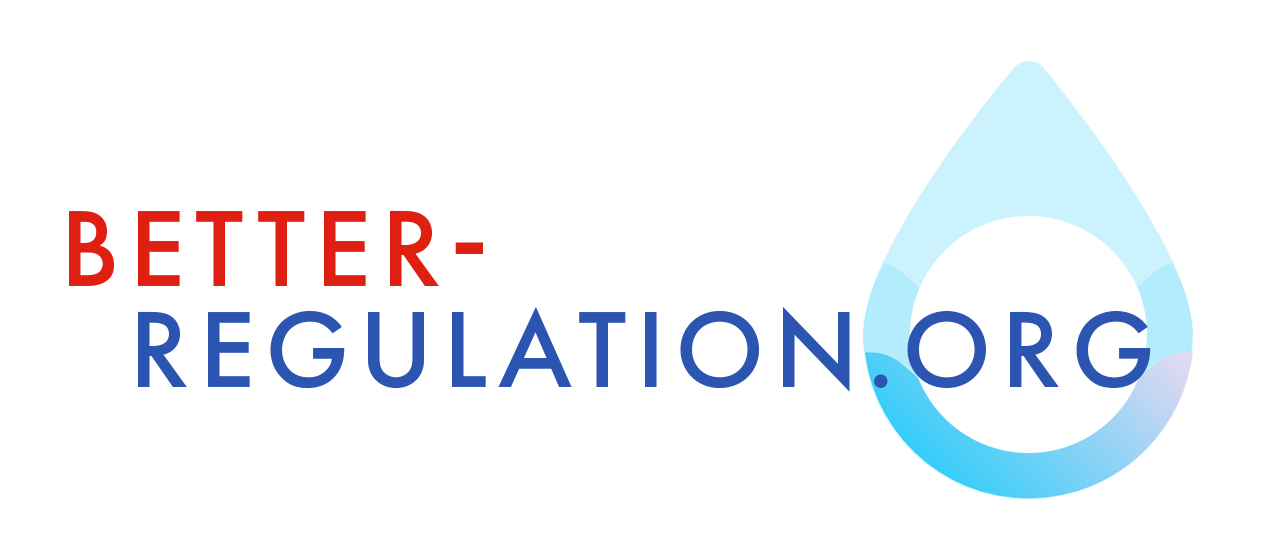Here’s some of the issues we’re working on and watching this year:
NHTSA Finalizes First Occupant Protection
Safety Standards for Vehicles Without Driving Controls
In March 2022, the National Highway Traffic Safety Administration (NHTSA) issued its first-ever set of rules regarding passenger safety in automated vehicles. With self-driving cars already on the road, the rule is an attempt to establish “robust” standards for occupant safety. The rule is just first step. More action will likely be needed in light of manufacturers who are pushing the regulatory boundaries with through a wide-deployment of their self-driving technology throughout the United States.
READ MORE
Protecting Americans from credit card regulations that undermine the free market and consumer choice
Thirteen years ago, Congress passed a last-minute policy that added unnecessary regulations to debit cards. The goal was to reduce the “interchange fees” that retailers pay to process electronic payments, but the result was higher banking fees, far fewer debit card rewards program and no lower prices at stores for consumers or choice in how their transactions were processed. This added up to a $22-25 billion loss for everyday Americans.
Now, Congress is trying to do the same thing with credit cards. The new bill, the Credit Card Competition Act, represents government reaching too far. Instead of letting consumers and the marketplace dictate which payment networks process credit card transactions, the bill forces banks to open up credit cards to at least 2 “unaffiliated” networks. Consumers will no longer have control over which payment network processes their credit card transactions, putting their data and security at risk on less secure networks.
This bill will also trigger billion-dollar interchange revenue losses for banks of all sizes, slashing the funds used for fraud protection, payment security innovation, free credit cards, and credit cards rewards programs like cash back and travel miles. American consumers stand to lose $40 to $50 billion per year from this.
Better-Regulation.org calls on Congress to stay out of micromanaging credit cards and to oppose legislation that could do more harm than good.
READ MORE
To Protect American Jobs, Healthcare and the Economy, the EPA Must Use Sound Science to Evaluate Formaldehyde
To protect Americans’ jobs, the economy, and healthcare, the EPA must follow the science to regulate formaldehyde. The EPA’s risk assessment, which could recommend exposure standards below what even the human body produces, would set off a chain reaction that could disrupt nearly a million American jobs and $500 billion worth of economic output on auto manufacturing, construction materials, medical devices and more.
Even though decades of peer reviewed research maintain that the current regulatory limit on formaldehyde exposure levels are safe, the EPA has hinted that they will go well beyond what even officials at the World Health Organization and European Union said are safe levels of formaldehyde. The EPA must follow the science as it evaluates formaldehyde’s risk.
Protecting Broadband Achievements
Thanks to President Biden’s leadership, Congress passed the bipartisan Infrastructure Investment and Jobs Act (IIJA) in 2021. The bill included $65 billion in funding for efforts to close the digital divide, including improving both access and affordability of broadband. Taken together, the programs in the IIJA represent an unprecedented government investment in broadband, and demonstrate the administration’s dedication to closing the digital divide.
Unfortunately, overly burdensome regulations risk derailing this accomplishment and undermining one of the President’s signature achievements. Over the last few years, bureaucrats at the FCC, the NTIA and the Department of Commerce have overreached when it comes to broadband regulation. This overregulation threatens to deter investment in broadband, and will have the greatest impact on communities on the margins, including Black, brown, low-income and rural communities. We’re fighting to protect the President’s investment in broadband, and push back against overly burdensome regulations that risk undermining it.
Moving Forward with Common Sense Cannabis Reform
Today, medical research is being held back by outdated federal cannabis rules. We must fix the nation’s drug laws that classify cannabis alongside heroin as a Schedule 1 drug. Schedule 1 means ‘no medical use’ and ‘high potential for abuse’ – yet 38 states have legal medical programs helping millions of patients. Moving cannabis to Schedule 3, as is under consideration by the Drug Enforcement Agency, would unlock real medical research and bring the benefits to more patients. Alongside rescheduling, we must also ensure legal cannabis companies can access the banking system. Today, legal, responsible cannabis businesses are forced to operate in cash and denied basic banking services or access to loans. They can’t even list on American stock exchanges, sending American investment dollars to foreign markets.
READ MORE
Fixing California's Overreaching Privacy Regulations
In 2024, California Privacy Protection Agency (CPPA) officials proposed regulations that critics argue stray from the original intent of Proposition 24, which voters passed in 2020 to update privacy laws. According to the CPPA’s own assessment, these regulations would impose a $3.5 billion direct cost on businesses, potentially triggering a $31 billion investment decline, shrinking California’s economy by $50 billion in lost output, and eliminating 98,000 jobs. California faces significant challenges — our state leaders should be focusing on making it easier, not harder, for California businesses and residents to thrive.
Protecting Investments in Energy
As Congress look for ways to cut spending, some are eying a rollback of clean energy tax credits. Repealing these tax breaks would be a mistake. Credits included in the Inflation Reduction Act are spurring new investments, reducing utility bills and creating jobs. Repeal could lead to significant disruption for American businesses and workers. As a number of Republican senators recently wrote, “American companies have made substantial investments in domestic energy production and infrastructure based on the current energy tax framework. A wholesale repeal, or the termination of certain individual credits, would create uncertainty, jeopardizing capital allocation, long-term project planning, and job creation in the energy sector and across our broader economy.” President Trump himself has made restoring U.S. manufacturing and supply chains a priority. Any Congressional action to repeal energy tax incentives would undermine his important goals.
READ MORE
Closing the GENIUS Act Loophole
In July 2025, Congress passed the GENIUS Act to promote responsible innovation in digital payments, particularly those involving stablecoins. While the legislation prohibits stablecoin issuers from offering interest or rewards, it leaves a loophole: crypto trading platforms can still provide incentives like high-yield earning accounts.
This loophole effectively allows crypto trading platforms to operate like banks without being subject to the same regulations. If this loophole remains open, more people will move their deposits to crypto platforms instead of community banks, destabilizing local economies and exposing consumers to greater financial risk. Unlike traditional banks, crypto investments aren’t protected by the FDIC, meaning users could lose everything if a platform fails. Meanwhile, community banks depend on deposits to fund loans for small businesses, homebuyers, and other local needs. Without those funds, access to credit in communities could shrink significantly.
Better Reg calls on Congress to close this loophole to further protect consumers.
Reforming the FERC Blanket Certificate Program to Bring New Electricity Online and Lower Energy Costs
The Federal Energy Regulatory Commission (FERC) Blanket Certificate program was created to speed up the authorization of low-impact natural gas projects to help deliver urgently needed energy capacity.
However, the program’s outdated standards have disqualified countless energy projects from receiving expedited approval.
To restore the program’s original purpose, FERC must modernize it by raising cost caps to reflect current construction costs and removing limits on compression stations. These reforms would help increase domestic energy production, bolster our energy grid, and lower costs for American families.

PAID FOR BY BETTER REGULATION
